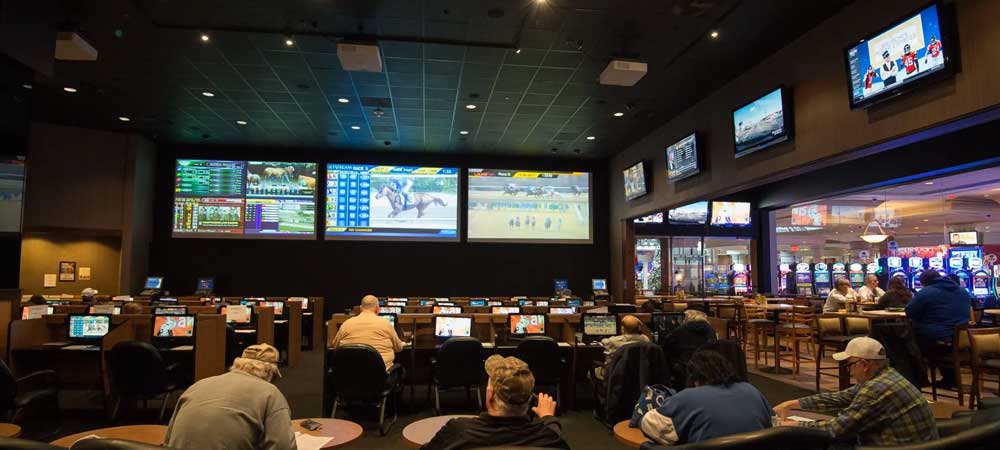Annapolis, MD - While states like Pennsylvania, Delaware, and West Virginia have followed in New Jersey’s footsteps with legalizing full-scale sports wagering, Maryland appears to be going down a different path. In typical MD fashion, the state will likely be amongst the last to introduce sports betting.
You may recall that Maryland did not legalize slot machines until 2008, and a voter referendum in 2012 approved table games along with a sixth casino location. For comparison's sake, New Jersey opened its first casino in 1978 and West Virginia legalized casinos in 1994.
It seems as if sports betting in Maryland will once again be behind its neighbors when it comes to gambling expansion, though certain lawmakers did push for the opposite outcome. In February, the House of Delegates attempted to put a referendum on the November ballot to authorize sports betting. Though the bill got approval through the House, it quickly died in the Senate.
Now that the United States Supreme Court has ruled PASPA unconstitutional and other states have passed sports wagering laws, MD will be the odd-man out until their next opportunity to put sports betting on the ballot - 2020.
While you would naturally think this would be disappointing to sports fans in the state, lawmakers have taken the opposite opinion. Policymakers realize that though sports betting is a billion-dollar industry, not much of that money is actually wagered legally.
For example, during Super Bowl LII the American Gaming Association estimated that only 3%, or $138.5 million, of the $4.76 billion wagered on the game would be wagered at a legal Nevada sportsbook. That means that 97%, or $4.6 billion, would be wagered illegally.
In Nevada, about 2% of total revenue comes directly from sports wagering. This is hardly anything for MD legislators to jump at, especially since this number will potentially be lower with increased competition.
Analysts researching the economic impacts of sports betting in the state estimate that potential revenue would range from $13.7 million to $181 million annually. With Maryland’s casinos currently bringing in $140 million per month in revenue from table games and slots, even the high end of that estimate seems tiny in comparison.
Another reason why policymakers are slow to pull the trigger on legalized sports wagering is that there is no clear consensus on who should be able to offer it. The existing House bill authorized both horse racetracks and casinos to allow sports betting, but some lawmakers expressed that only casinos should be able to allow sports gambling.
Of course, Maryland’s proposed sports betting bill died before the Supreme Court ruled on Murphy vs. NCAA. With the federal sports betting ban lifted and multiple states legalizing the activity, MD will likely feel more pressure to come to a decision on the matter.
If and when sports betting does come to Maryland, gaming operators in the state will be ready. Joe Weinberg, CEO of Cordish Global Gaming, which owns Maryland Live! Casino in Hanover, expressed his interest.
“We would be prepared to commence sports betting pretty much immediately after the passage of the implementing legislation by the state of Maryland,” stated Weinberg. “We have the infrastructure in place to be able to add it very, very quickly.”
Barring a miraculous special session, the sports betting discussion will reopen in the 2019 legislative session with a potential vote on the matter in November 2020.

